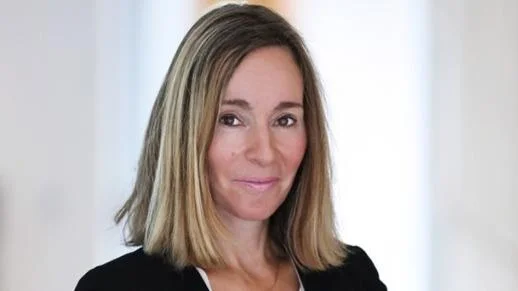The rural region of Casamance in southern Senegal faces significant infrastructure challenges, with many households lacking connection to the power grid. Electricity supply, primarily generated from imported fossil fuels, remains unstable.
DEG is investing in two photovoltaic systems with battery storage operated by Axian Energy to address these issues. The investment aims to enhance electricity supply and promote renewable energy use in the region. The total investment amounts to approximately EUR 100 million, with DEG contributing EUR 23 million. Other investors include Dutch development finance provider FMO and the Emerging Africa and Asia Infrastructure Fund (EAAIF).
Scheduled for completion in 2026, the photovoltaic systems in Kolda will have an annual capacity of 60 MW, providing green electricity to an estimated 235,000 people. A 72 MWh battery storage system will ensure power supply during evening peak times and improve grid stability. This project supports Senegal's goal of producing at least 40% of its electricity from renewable sources by 2030.
Monika Beck from DEG's Management Board stated: “This financing allows us to play an important role in helping to electrify rural areas in Senegal. The project is a prime example of the transformation from generating energy from fossil fuels towards cleaner, more sustainable and more reliable energy.”
Axian Energy CEO Benjamin Memmi commented: “The solar farm project in Kolda reflects our dedication to contribute to energy inclusion in Senegal and across the continent, in line with the United Nations’ Sustainable Development Goals.”
Since 2022, DEG has focused on high-impact and environmentally friendly investments as one of Europe's largest development finance providers. Its renewable energies portfolio is valued at around EUR 1 billion. In 2023, DEG co-financed energy providers produced about 32 terawatt hours (TWh) of renewable electricity, serving over 32 million people and preventing emissions totaling 22 million tonnes.

